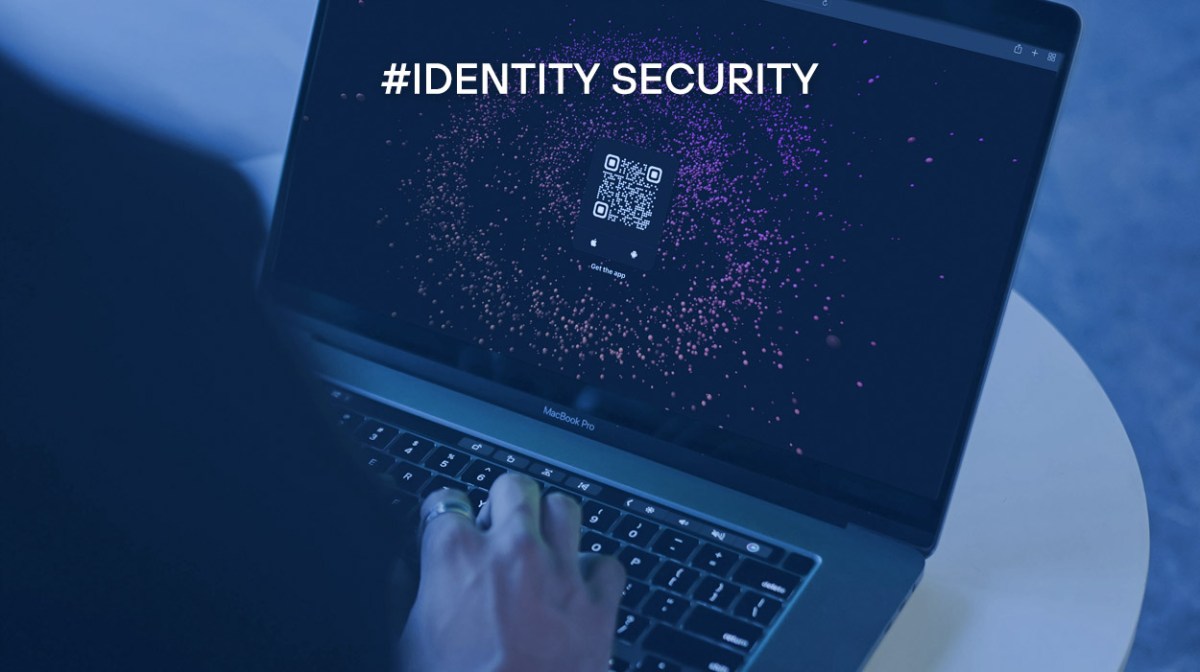What is identity security and why is it important to protect it?
Identity security is basically about taking care of our personal data so that no one else can use it without our permission. It is important because if we do not protect it, hackers can use our information to commit fraud, steal money, or damage our reputation.
What are the best practices for creating secure passwords?
To have secure passwords, it is best to make them long (at least 12 characters) and mix letters, numbers, and symbols. It is not recommended to use personal information or repeat the same password on different sites. Password managers or programs for creating and storing secure passwords, such as LastPass or 1Password, can help us do this.
What is two-factor authentication (2FA) and how does it help protect digital identity?
Two-factor authentication, or 2FA, is like putting a double lock on our accounts. In addition to the password, we will be asked, for example, for a code that we will receive on our device. This way, even if someone knows our credentials, they will not be able to access them without that second code.
What are the risks of sharing personal information on social media?
Sharing too much information on social media can be dangerous because anyone can see it and use it to deceive us or steal our data. For example, if you post details of your upcoming trip (such as your flight date and destination), a scammer could use that information to send you a fake email pretending to be the airline. In that message, you may be asked to confirm personal details or click on a fake link to “verify your booking,” thereby stealing your data or credentials.
How can you tell if your identity has been compromised online?
If we notice unusual activity in our accounts, receive suspicious messages, or get alerts about login attempts, our identity may be at risk. However, it is not always easy to tell, but we can check if our email or password has been leaked on websites such as haveibeenpwned.com
What steps can you take if you suspect your identity has been stolen?
If you suspect that your identity has been compromised, you should notify your bank and change all your passwords. It is also a good idea to report it and keep an eye out for any unusual activity on your accounts.
What types of cyber threats are related to identity theft?
Some common threats related to identity theft are phishing (fake emails designed to steal data), account hacking, data leaks, skimming (copying card details), password theft, company data leaks, and the use of personal information that we share without realizing it.
